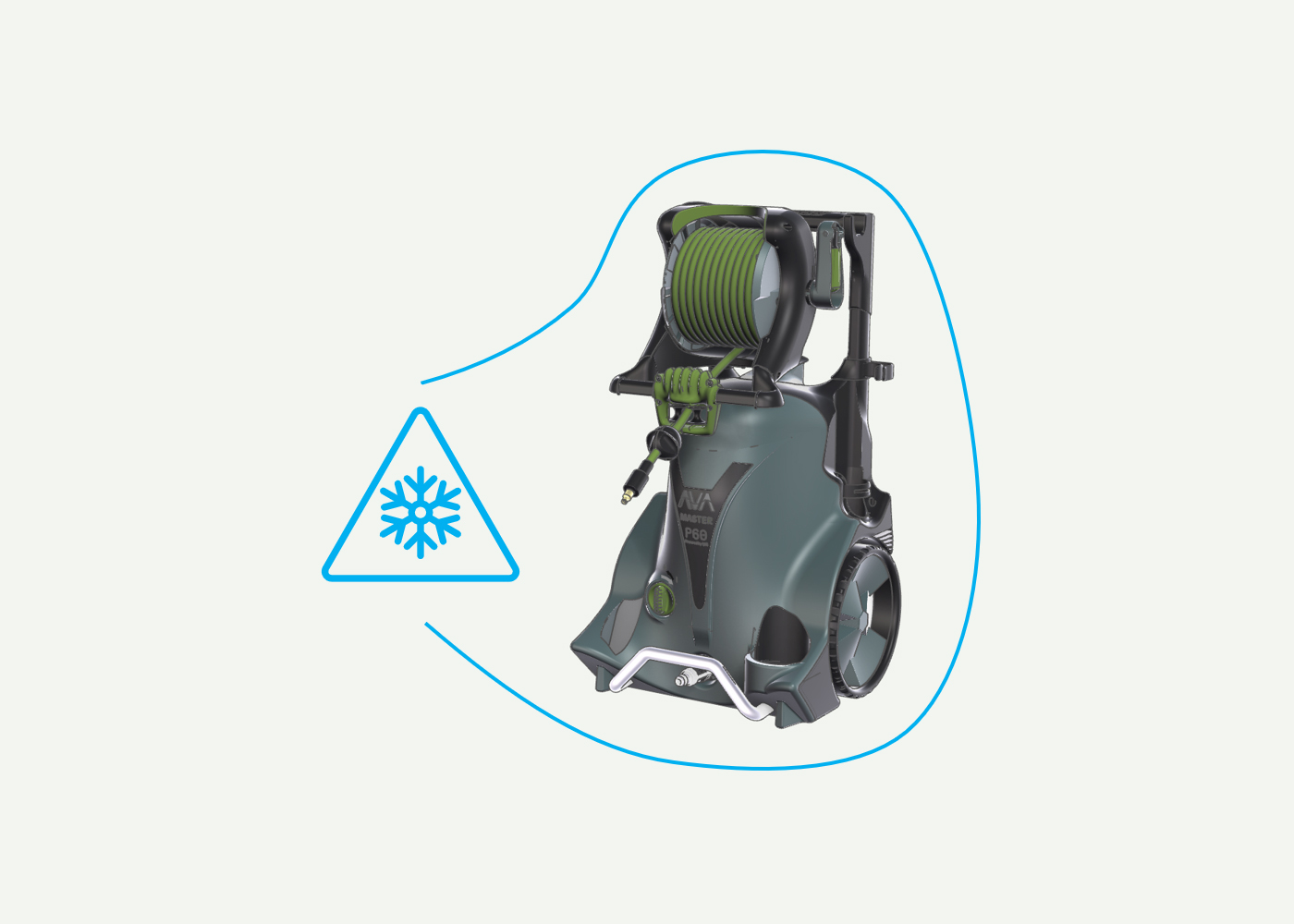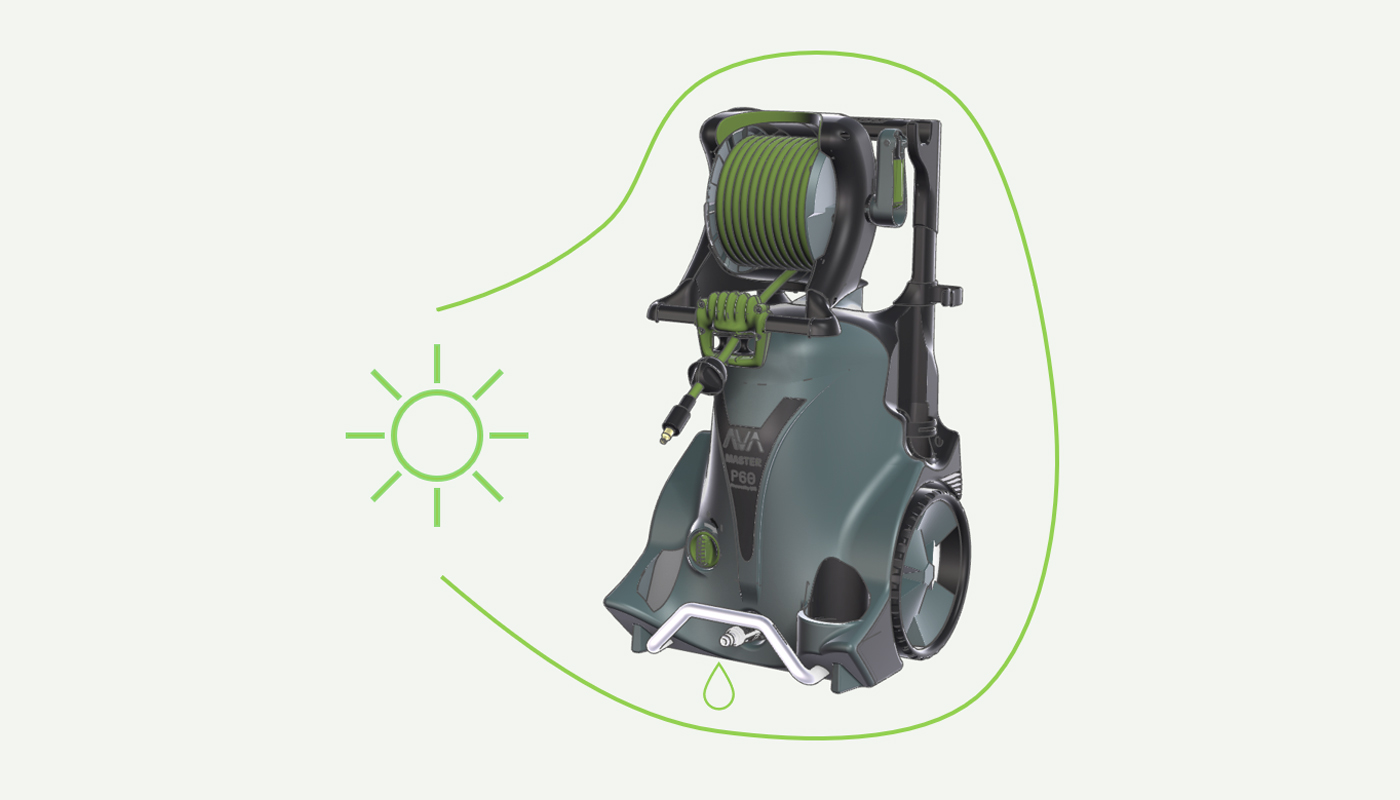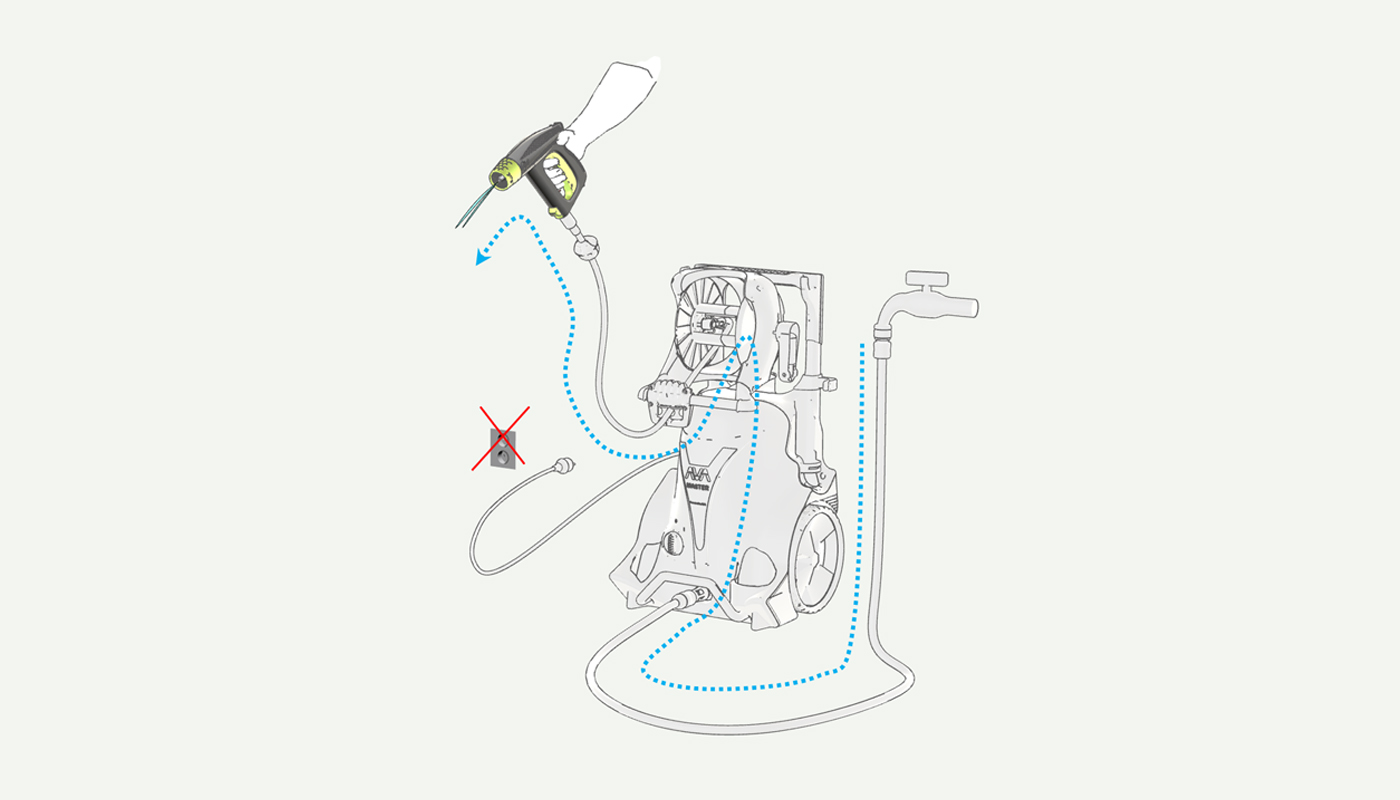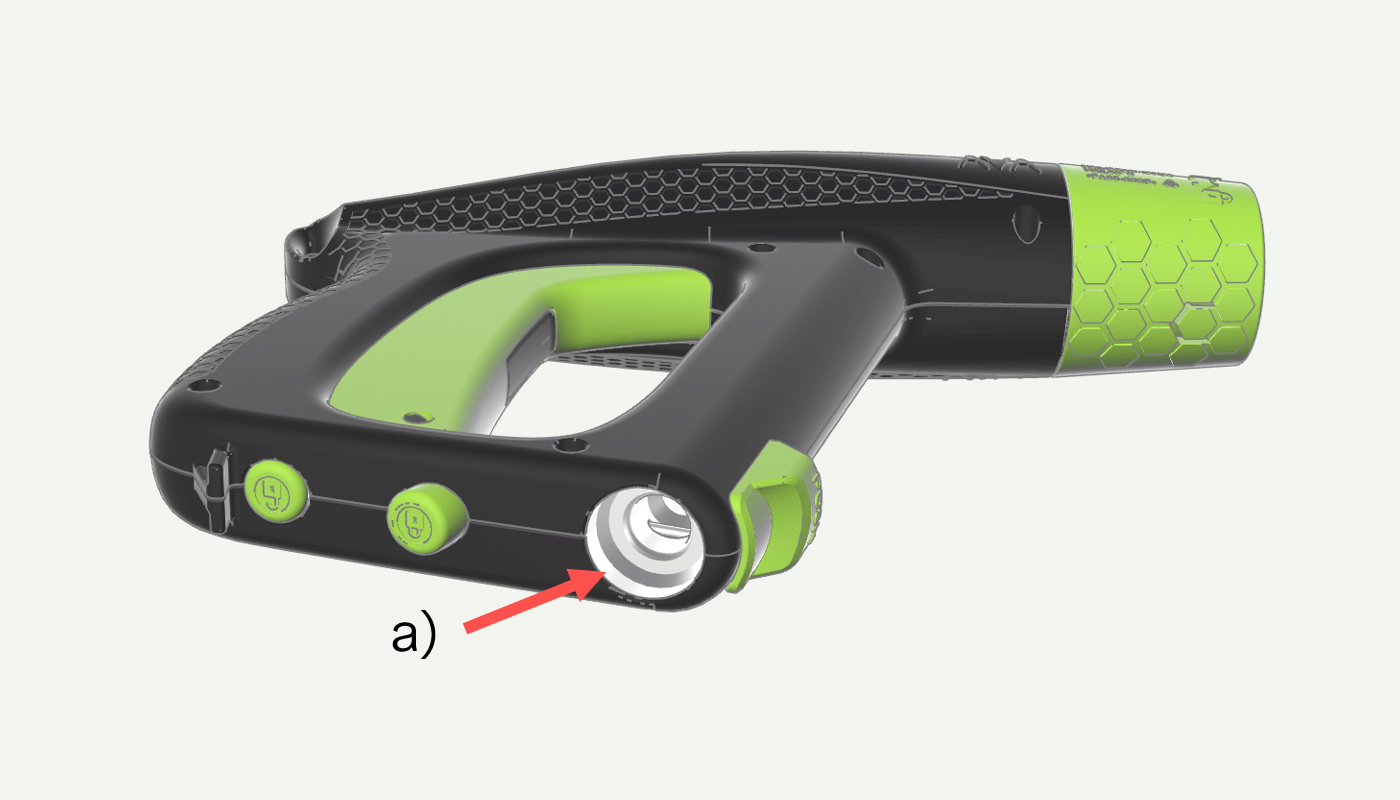Article
Has your machine been exposed to cold temperatures?

When a machine has been exposed to cold temperatures, it is important to take careful precautions before using it again. Here is a guide on how you can ensure that your machine is ready to perform its best, even after a cold period.
1. Thaw the machine

First, let the machine thaw completely. Place the machine on a dry surface. This makes it easier to detect any leaks.
Ensure that your pressure washer is turned off and unplugged from its power source.
Turn on the water supply. Watch and listen for leaks carefully - the absence of sound can be a good sign that things are as they should be. This ensures that all internal parts are free of ice before you turn it on.
2. Let water flow through
Activate the trigger to let the water flow through the system. Make sure that you simultaneously keep an eye out for any new leaks. When you release the trigger, repeat the inspection for leaks.

3. Test the machine
Once you are sure that the machine is leak-free, you can start it up. But be on guard. The buildup of pressure can reveal leaks that were not visible before. If you hear any new noises, turn off the machine immediately.
If everything seems tight and in order, it appears that the machine is ready for use. But still, be aware that cold temperatures may have caused small cracks that can lead to problems over time. To be on the safe side, it is recommended to have a service kit and an AVA First Aid Kit available.
Also, check if the gun has a plastic tube - if so, it may be a good idea to order a replacement. This is easily done by loosening the hose and checking whether there is black plastic or shiny aluminum (a) on the inside.

By following these steps and being well-prepared, you can handle most problems that arise due to cold temperatures. And remember, maintenance is the key to a long and trouble-free lifespan for your machine.
To learn how to avoid frost damage when storing the machine, please read this article below: "Long-term storage of your pressure washer"